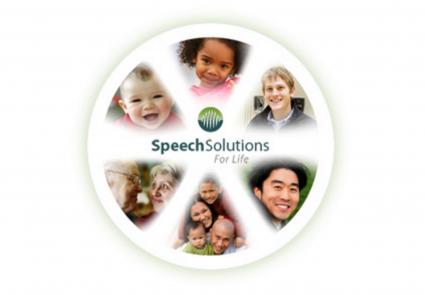Autism Spectrum Disorder (ASD) is a complex neurobiological condition that changes the way the brain processes information and can affect all aspects of a person’s development. It is characterized by deficits in verbal and non verbal communication, social understanding/social skill development and cognitive impairments.
Parents are usually the first to notice unusual behaviors in their child. In some cases, the baby seemed “different” from birth, unresponsive to people or focusing intently on one item for long periods of time. The first signs of ASD can also appear in children who seem to have been developing normally. When an engaging, babbling toddler suddenly becomes silent, withdrawn, self-abusive, or indifferent to social overtures, something is wrong.
Without meaningful gestures or the language to ask for things, people with ASD are at a loss to let others know what they need. As a result, they may simply scream or grab what they want. Until they are taught better ways to express their needs, children with ASD will do whatever they can to get through to others. As people with ASD grow up, they can become increasingly aware of their difficulties understanding others and in being understood.
Speech Solutions offers Intensive Behavioural Intervention (IBI) services for children with ASD. We begin with a careful, diagnostic analysis of each child’s specific strengths and weaknesses. We then outline an intensive language and educational plan. Our goal is to provide children with the basics for developing language. For instance, children will learn to establish eye contact, attend to, and interact with others.
Our approach is based on the following objectives:
- Individualized language curriculum.
- Scientific teaching methodology (based on the principles of Applied Behaviour Analysis).
- Delivery of IBI therapy using direct teaching and natural environment based instruction.
- Data collection, analysis and documentation.
Our plan for each child enrolled in our IBI program includes systematically addressing individual goals within their social and communication skill sets. Teaching sessions are highly structured and include a one-to-one dynamic. This approach involves breaking down a skill into manageable steps. Positive reinforcement is used to teach each step. Eventually, all steps are chained together until an entire skill is learned. Over time, the child is taught to generalize skills across settings and other complex situations. In this way, basic skills such as learning to imitate a verbal model, or more complex skills such as reciprocating greetings with others, can be mastered.



